Climate and Disaster Risk Financing – Training of Trainers

Concept Note and Agenda : Download File
The objective of the ‘Training of Trainers’ short course was to orient participants from across the African continent on the basic concepts and instruments of CDRF. This included a description of the overall landscape of climate and disaster risk financing sources at the national and international level, applications of risk context studies, knowledge of CDRF instruments and their application, and data topics such as weather forecasting mechanisms. Furthermore, the training covered challenges and opportunities for developing countries in terms of accessing and managing climate and disaster risk finance, as well as the current opportunities, advantages, shortcomings, and areas for improvement of risk mitigation, reduction, transfer, and financing approaches.
Evolving Disaster and Climate Risk Context of Africa and Group-Specific Region: Download File
The session provided an understanding of the evolving context of the impact of climate change, disasters, and other shocks in Africa, creating awareness of the multiple and interlinked risks African countries face, from economic growth, the climate crisis / global warming, conflict, epidemics, economic, terrorism, migration, and refugees and introduce Key lessons for financial resilience within the broader sustainable development agenda
Key lessons for understanding the development impact of CDRF in achieving the Sustainable Development Goals:
The session established a shared understanding of the development impact of CDRF in Africa, examined the key lessons around the development goals and how these are affected by disasters and climate change.
Introduction of Public Financial Management (PFM) principles:
The session provided a basic understanding of PFM to illustrate the challenges of PFM in different African contexts including specifically PFM challenges in post-disaster contexts, and to understand the Impact of the political economy in decision-making processes drawing on lessons from Africa in managing/ planning and outcomes for disaster response, risk reduction, climate change adaptation and mitigation.
TRAINING DAY 2:
Introduction to Financial Risk Management of Crises: Download File
The session introduced the concepts of financial risk management of crises when to implement a Climate and Disaster Risk Financing policy and identify and map internal and external stakeholders to work with.
Overview of the Opportunities and Challenges of different types of data used in CDRF:
The session provided an overview of the various types of data used in CDRF, the different levels of need, and the various opportunities and challenges these types of data provided to stakeholders. Participants were also introduced to Satellite technologies and data
Overview of core CDRF principles and instruments:
The session provided an overview of the core principles vital to Climate and Disaster Risk Financing, including;
- Timeliness of funding
- Funding Beneficiaries
- Disaster risk Layering
- Data and Analytics
TRAINING DAY 3 :
Introduction to Key Financial Instruments: Download File
The session introduced participants to various financial instruments available on the continent which include:
- Risk transfer: Sovereign risk transfer as a financing instrument
- Contingent lines of credit
- Public asset insurance and asset inventory
- Contingency fund
- Budget reallocation
Making Informed CDRF Decisions – Data, Financial Tools & Instruments: Practical Exercises with Models:
The session demonstrated the real-world benefits of data and analytics in developing CDRF instruments in different contexts and provided insights on how to navigate data challenges for decision-making, how CDRF models are built as well as their inputs and outputs, and Explore how data can be utilized in the creation of national CDRF strategies.
TRAINING DAY 4:
Managing CDRF Stakeholders and Communicating CDRF Strategy:
The session enabled participants to:
- Gain an overview of sources of funding, capacities required to channel funding, and proposal development within the context of facilitation between a variety of CDRF stakeholders
- Understand key internal and external stakeholders to influence decision-making in a developing CDRF environment.
- Gain an overview of stakeholders as part of the wider decision-making system, identifying and mapping categories of stakeholders.
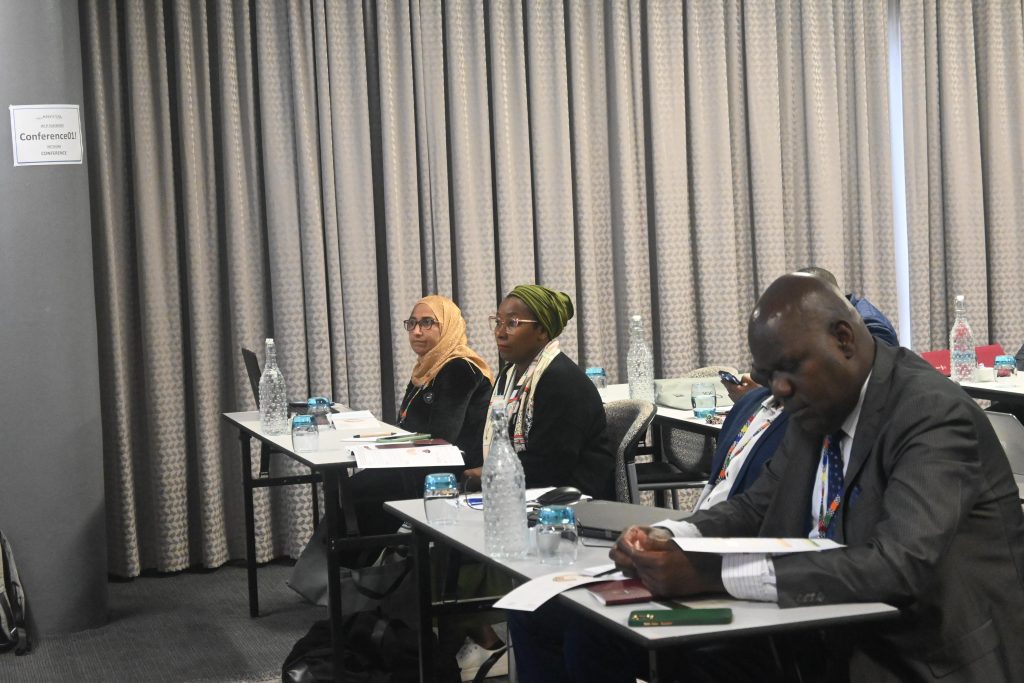
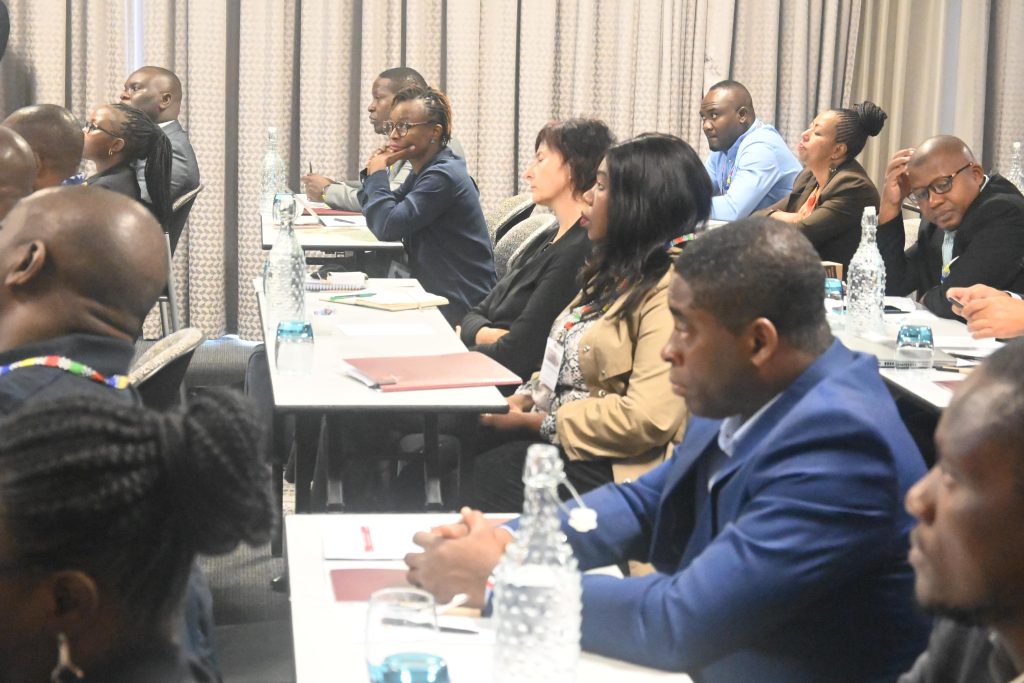
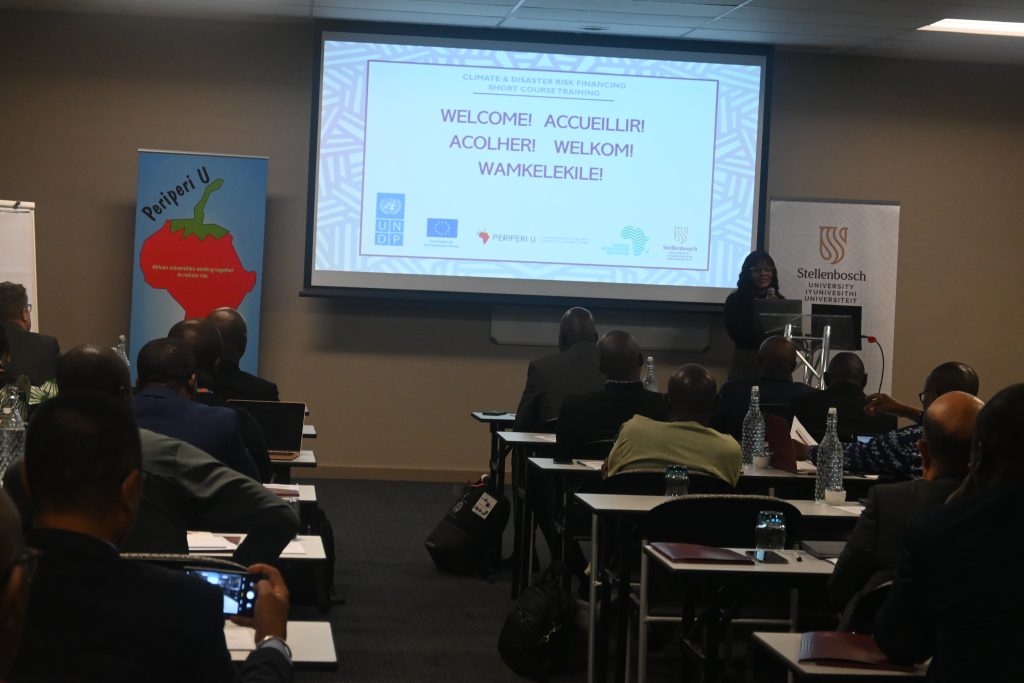
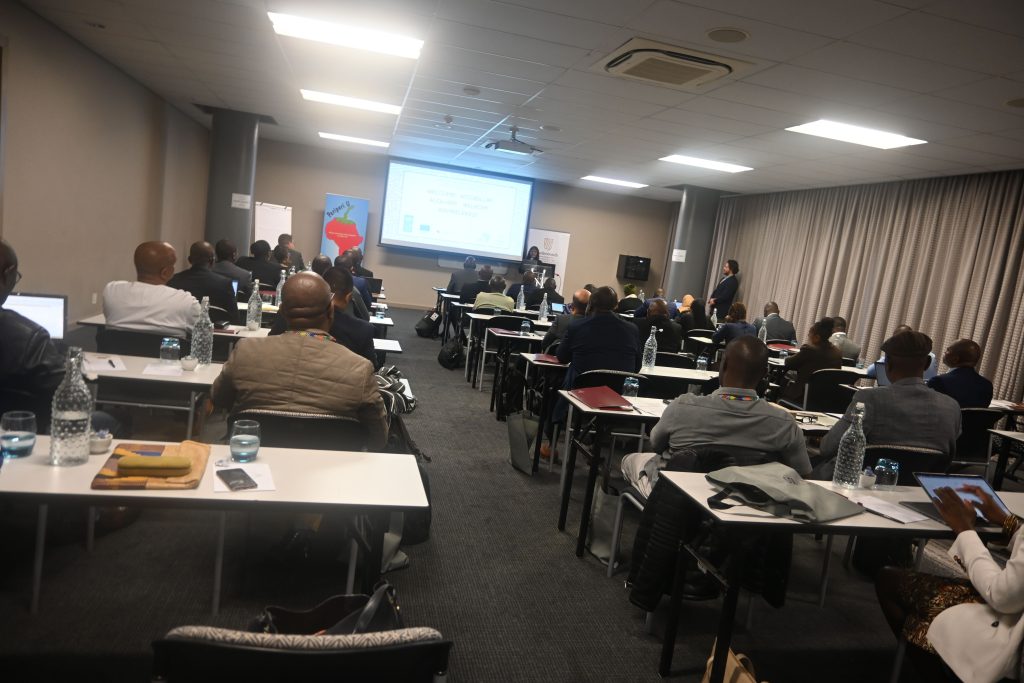
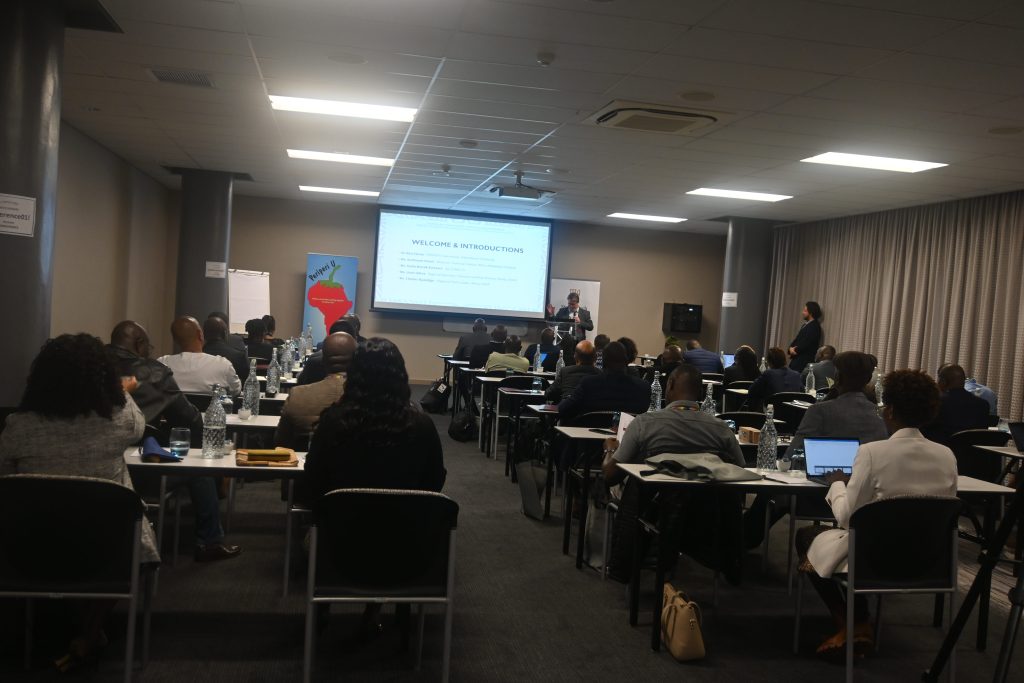
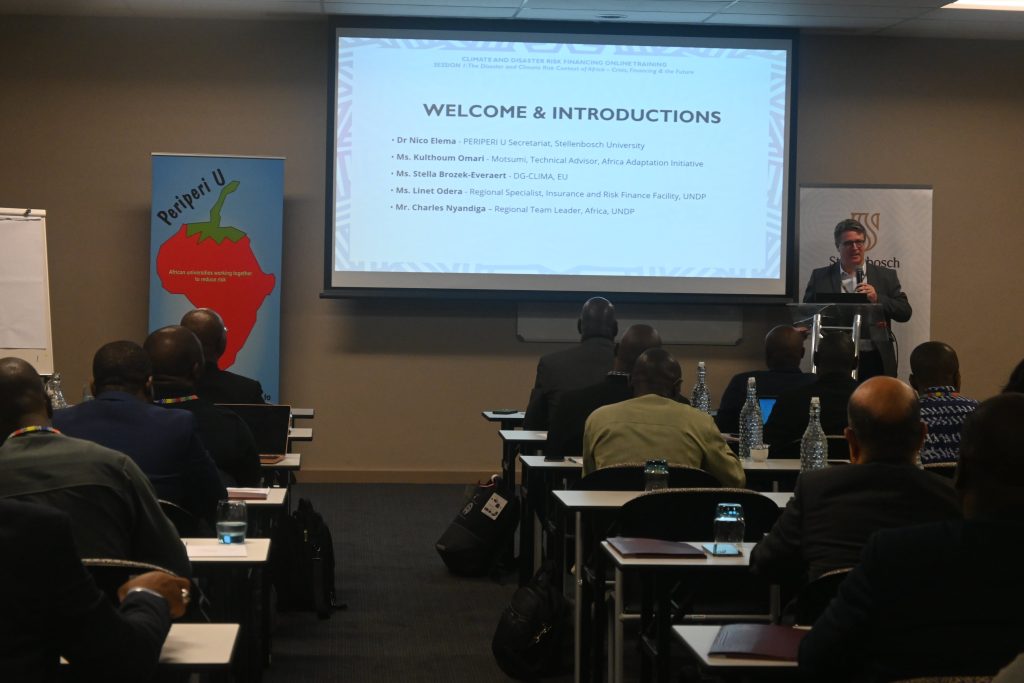
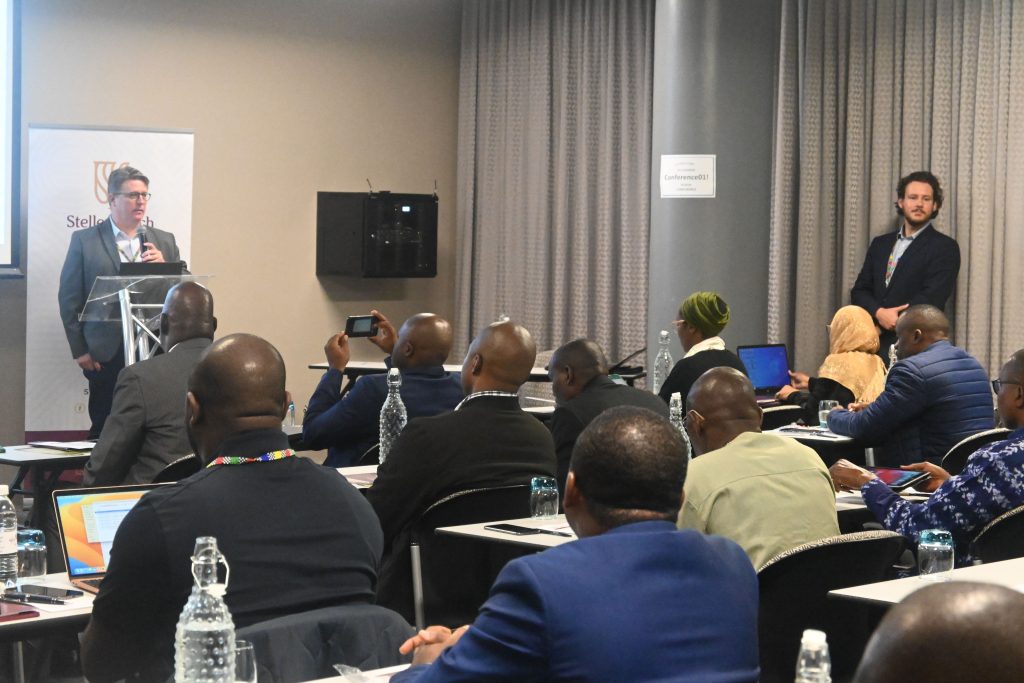
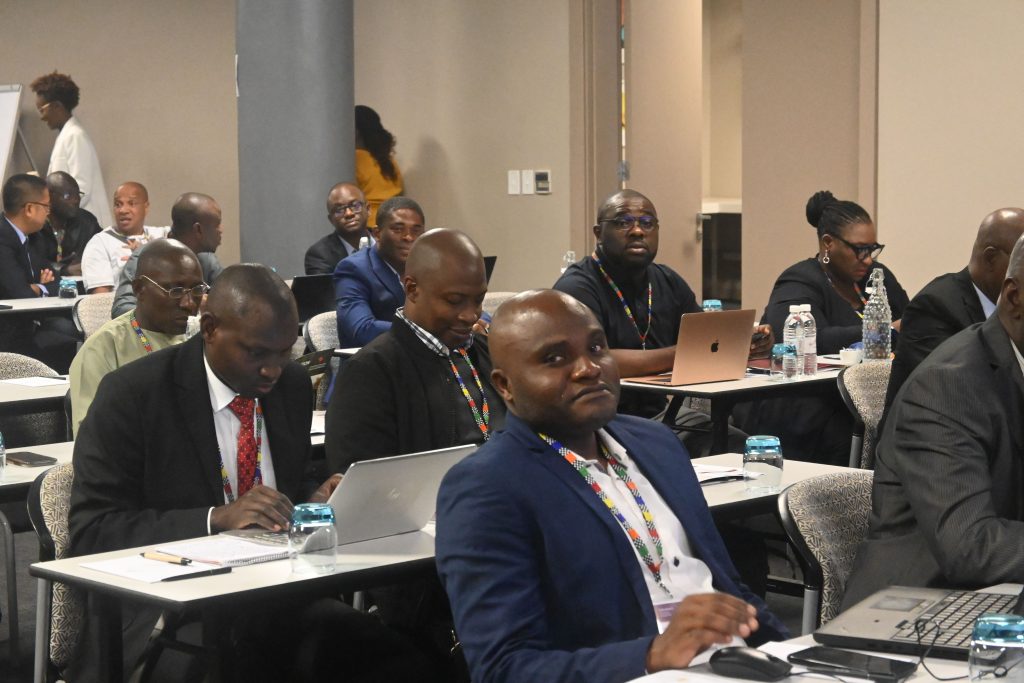
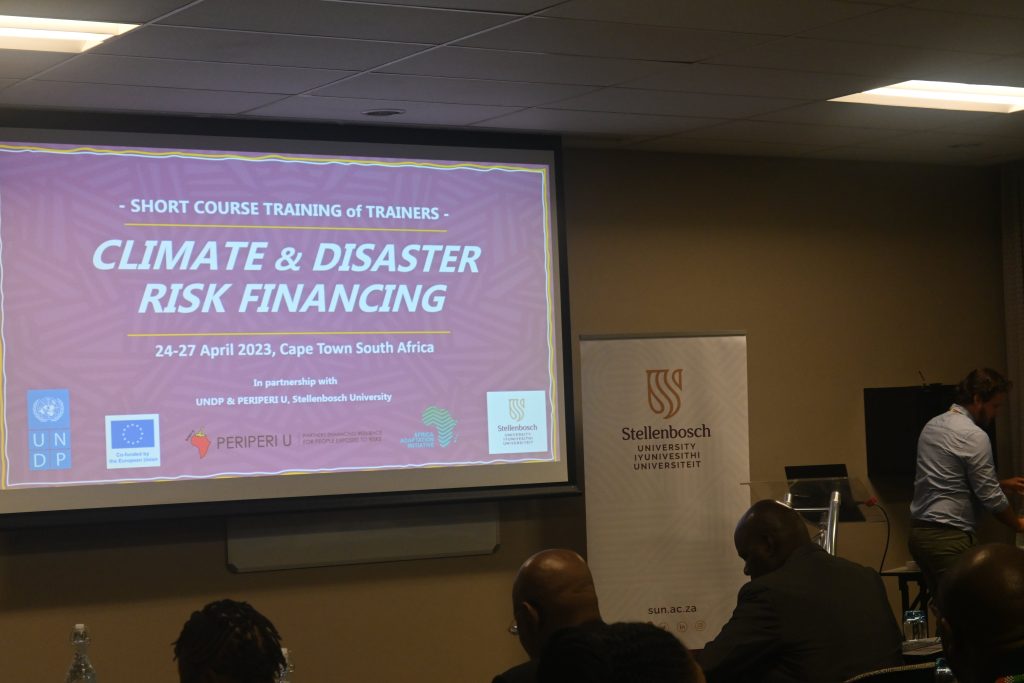
-
Date of Creation :
2016, 2017
-
Adaptation Sectors :
Agriculture, Biodiversity
-
Climate Impacts :
Extreme Temperatures, Ice and Snow
-
Resource Tags :